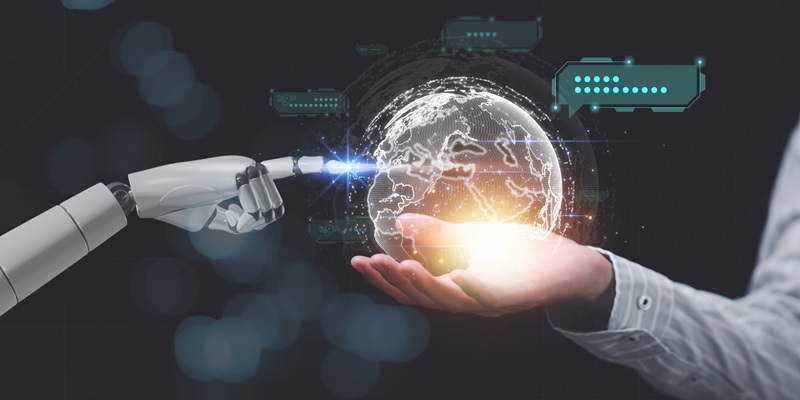The age of artificial intelligence is transforming the digital landscape, and with the introduction of OutSystems’ AI Agent Builder, the revolution is entering a remarkable new phase. This innovative tool provides a bridge between complex AI technology and businesses, large and small, looking to tap into the power of AI without requiring deep technical expertise. By leveraging large language models from Azure OpenAI or Amazon Lex, AI Agent Builder gives users the unprecedented capability to create custom AI-driven solutions. The platform’s no-code nature enables a diverse set of professionals, regardless of their programming background, to craft generative AI agents swiftly and efficiently. This democratization of technology heralds a new era where AI becomes part of every business’s toolset, offering an accessible pathway to enhance digital transformation.
Democratizing AI
OutSystems has established a transformative approach with AI Agent Builder, making what was once a domain for the few into a playground for many. The no-code interface strips away the complexity of AI deployment, allowing users from various backgrounds to implement cutting-edge AI into their workflows. With the support of pre-built templates and intuitive design, building a custom AI agent is as simple as assembling blocks. This lowers the barrier to entry and opens up opportunities for innovation beyond the tech sector. Inherent in the system are governance protocols that safeguard standardization and security, ensuring that while AI becomes more accessible, it does not compromise organizational integrity. As a result, businesses can confidently scale their AI strategies while maintaining control over system compliance and data protection.
Enhancing the Application Development Lifecycle
OutSystems doesn’t stop at accessibility; it also seeks to empower businesses to create products smarter and faster. The AI Agent Builder accelerates application development by integrating generative AI directly into the development process. This leads to more refined applications, as AI can assist in various stages of the lifecycle, from planning to execution. AI’s analytical capabilities can provide real-time insights, security checks, and performance optimizations, thereby increasing the agility and quality of the output. Additionally, by incorporating retrieval-augmented generation (RAG), businesses can provide their users with more accurate and contextually relevant information. The ability to swiftly provide feedback or improve features is invaluable, ensuring that applications not only meet current needs but also are adaptable to new challenges and opportunities.
Transformative AI-powered Applications
The real power of OutSystems AI Agent Builder shines when looking at the transformative potential of the applications it can create. By simplifying the integration of advanced AI, organizations can reinvent their customer experience, streamline operations, and even introduce entirely new services. The tool’s ability to work with foundational AI models means it can cater to a wide range of needs and industries. Whether it’s customizing a chatbot to handle complex customer queries or enabling a predictive maintenance system, the implications are substantial. The plug-and-play nature of the AI components ensures that applications can evolve as technology advances, maintaining an edge in an ever-competitive market. With AI Agent Builder, OutSystems paves the way for a future where AI not only supports business processes but actively shapes the landscape of industry innovations.

